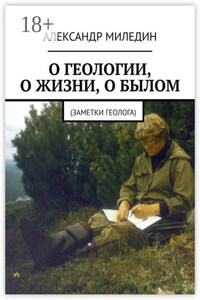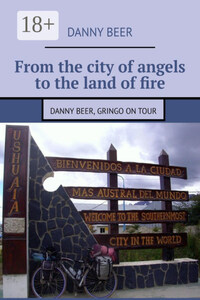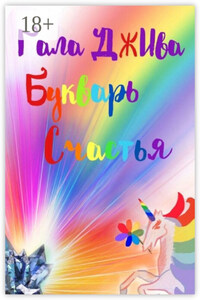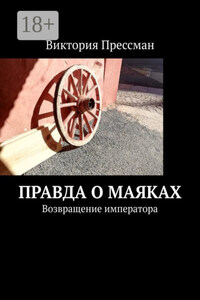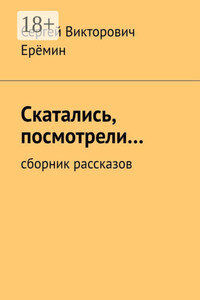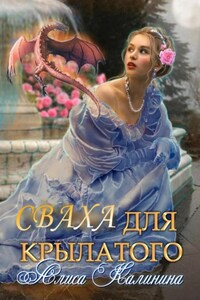PREFACE
Thus, I am silent, trembling in my place,
Not from disdain, nor yet a heart’s disgrace.
Nay, ’tis the weight of love, too vast, too deep,
That binds my tongue and bids my silence keep.
Let this poor book, my messenger, unfold,
The truths of hearts unspoken, yet untold.
Within its pages, find my soul laid bare,
A plea for justice in life’s fleeting air.
William Shakespeare
The first lines I ever wrote emerged one day in the quiet solitude of a blank notebook. I began not merely to describe what I observed, but to capture the essence of what I felt. At the time, I was steeped in sorrow, mourning a father whose memory was but a shadow. Though I scarcely recall his presence, he lived. And now, he is no more. How I longed for him to sit before me, clad in a cerulean sweater – as he once appeared in a dream – a man of quiet strength, with the noble visage of a young Alain Delon and eyes brimming with wisdom. How I yearned to hear him say, “If you were born, it is because this world needs you. Your path is written; you must find it. And within it, your truest self.” But no such words came. I shall never know what it means to have a father’s voice guide me.
As the evening deepened and shadows embraced the room, the rustle of a weeping willow outside drew my thoughts, and I wrote these lines for him:
Weeping willow, why do you bow so low,
Your branches trembling where soft waters flow?
Why do the tears of the earth, like frozen pearls,
Hang on your crown, veiling the world?
Why does my heart bear a shard of despair,
A cold, cruel fragment etched with care?
You left too soon, beyond clouds’ veil,
And now my castle lies in ruins, frail.
You vanished forever, yet left a flame,
A dream that whispers your sacred name.
You are gone, and I am bereft,
As though half of my soul has cleft.
Weeping willow, you guard my grief,
Your shelter offering fragile relief.
Tears fall silent, carving their way,
Through dreams that pierce the heart each day.
This book speaks to you, dear reader. It holds fragments of my soul, whispers of answers, or perhaps faint echoes of your own fears: the chill of solitary sunsets, the silence of unyielding walls, and the fleeting joy of a sunlit breeze, a distant dream that illuminates the soul. Dreams are not mere steps toward an end; they are the journey itself, revealing who we are and why we exist. What is life? A dream? A temptation? Perhaps only in the void left by loss do we begin to glimpse the answer.
For years, I guarded these pages, hesitant to let them see the light. Now, you hold my first book in your hands. The second waits in the wings, long adrift like a spectral ship navigating the seas of my heart. There are those who will find joy – yes, joy – in knowing this book has come to life. They will wait, with reverence, for what follows.
What is this book? Who is its hero, and why will it be read? A book is first and foremost needed by the one who writes it. Through writing, we traverse the labyrinth of words and uncover fragments of ourselves. Is this a tale? A poem? A legend? A truth? Chaos or the final sigh of a fading philosophy? The essence of life lies in learning to listen and to see, to create and to feel, to remain steadfast and true to oneself, in harmony with the infinite.
In the quest for truth, humanity often imprisons itself within “black squares,” forgetting that life flows like a river, where no drop ever repeats. Fear twists the mind, renders paths barren and winding, and makes life seem hollow. Even a spark of fear can ignite flames that raze entire cities. What is this book about? Who needs it? Perhaps it is for those who love me, or for those longing to be heard. Nature gives everything to humanity. Life is the art of preserving, understanding, nurturing, and creating – with warmth in the soul and fire in the heart.
Heart – how often I invoke that word, as though no other could carry my meaning. Yet it is not so. All I write, all I feel, is shaped by the works and life of Fyodor Mikhailovich Dostoevsky. He is my eternal teacher; I declared as much during my thesis defence and have never rescinded those words.
One evening in Saint Petersburg, after a literary event, an elderly woman approached me, her hand trembling as it grasped mine. “My child,” she said, “thank you for existing.” That evening, I was needed. And there are others too, those who need my words, my verses, as companions to their solitude. I know what it is to feel the rhythm of a heart – not from the elation of love, but from the aching void of loss, or the fear of losing something irrevocably. In such moments, I do not wish to be alone. My heart is sincere, and sincerity is the pillar that sustains not only the one who holds it but those around them.
Thank you for opening this book and seeking to understand me – and perhaps, through my words, to understand yourself. The idea of these diaries has dwelt within me for as long as I can remember. It is not a memoir but a meditation on why we exist, and why the world was created around us. At times, it is enlightening; at others, deeply melancholic. Yet it always answers a question: Was the step taken, and where did it lead? Life flows on – it is boundless yet fleeting. And I know this: the world is a chronicle we write ourselves. This is what I wish to share with you, dear reader. To affirm that my birth was no accident, and that I yearn to be worthy of this world, to be needed within it.

